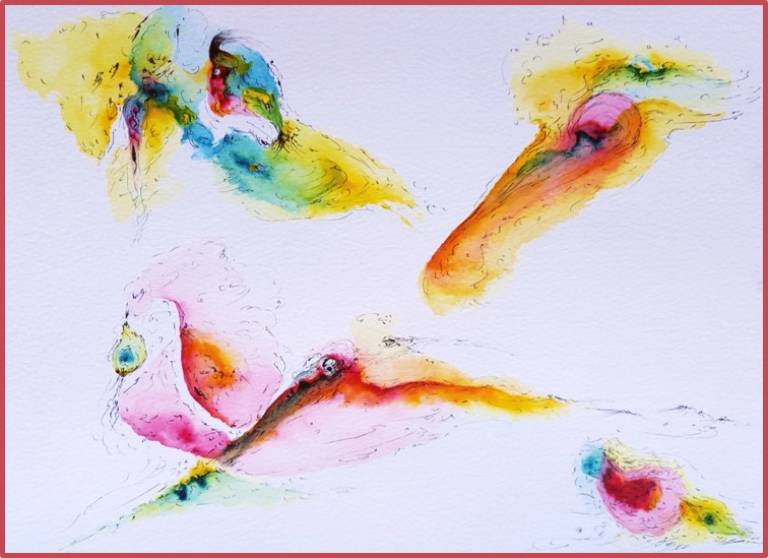Improving access to arts and culture to address disparities in health
A team at UCL is building on community experiences during the pandemic to find ways to improve health and wellbeing by closing the gap between the creative arts and healthcare systems.

30 June 2022
Engaging in creative or physical activities is known to boost mood and reduce stress. Social prescribing – which allows healthcare providers to link people with non-clinical services to support their wellbeing – has become an important part of mental health service provision. But the COVID-19 pandemic exposed the fragility of the systems in place to support vulnerable people’s health and wellbeing in this way.
“During the pandemic, community groups, social workers and link workers worked tirelessly to adapt their services and find ways to stay connected with vulnerable people on- and offline,” explains Professor Helen Chatterjee (UCL Genetics, Evolution & Environment), who led a project to evaluate these novel approaches.
“We seized the opportunity to evaluate the exciting range of activities that developed during lockdown and, in collaboration with community partners, to develop guidelines on best practice that could be used post-pandemic.”
Working with Dr Linda Thomson (UCL Arts & Sciences and UCL Biosciences) and a range of community partners and organisations, Professor Chatterjee devised the Community COVID project to highlight what had most helped vulnerable people during lockdown and propose ways to make access to the arts, nature and culture, fairer and equitable for all.
Lockdown activities ranged from Facebook groups that created poetry from personal photographs to doorstep theatre performances and online exercise classes. New and unexpected collaborations also developed, such as libraries and artists working with food banks.
““During the pandemic, community groups, social workers and link workers worked tirelessly to adapt their services and find ways to stay connected with vulnerable people on- and offline”
People with lived experience of isolation and physical and mental health challenges came together with academics and partnership organisations such as the Culture, Health & Wellbeing Alliance and the National Academy for Social Prescribing.
More than 4,000 people shared their experiences of lockdown with the project through a series of workshops, surveys and focus groups, discussing whether they had got involved in new activities and how the experiences affected their mental health and wellbeing.
From the project findings, the team developed an evaluation framework to help cultural organisations learn from the experiences of lockdown and inform strategies to design and develop future resources and collaborations.
“We need to develop ‘creative health’ partnerships that harness the collective power of arts, nature and creativity, in association with health, social care and third sector services. explains Professor Chatterjee. “This will help us to create a system with the user at its centre, that promotes community engagement and healthy behaviours.”
 Close
Close


